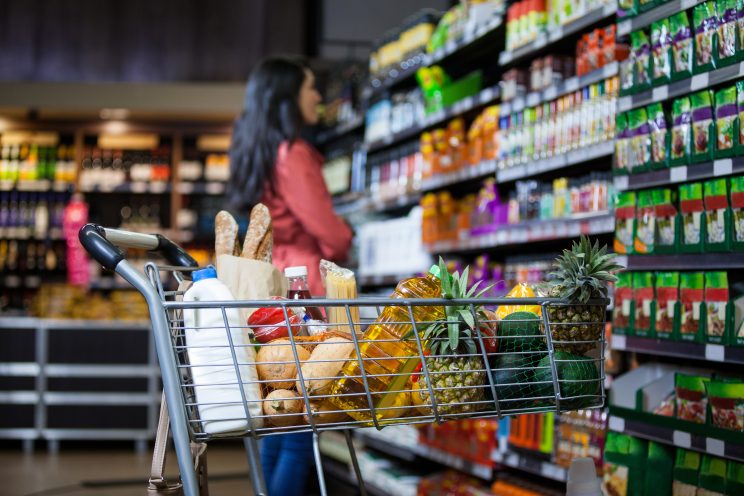SA’s GDP growth to expand 0.3% in 2023 – poll

South Africa‘s economy will grow a modest 0.3% this year, softened by a mild contraction this quarter, but will gain just enough momentum in coming quarters to avoid a recession, a Reuters poll predicted on Thursday.
However, electricity shortages have added a large uncertainty around forecasting currency moves and economic growth.
This quarter the economy probably contracted 0.7% in year-on-year seasonally-adjusted terms, but a recovery of 0.5% was expected in the third quarter followed by 1.1% growth in the final quarter, the poll showed.
Gross domestic product (GDP) in Africa‘s most industrialised economy expanded 2.0% last year and the most pessimistic forecast in the poll was for a 0.8% contraction this year, while the most optimistic expected a 0.9% expansion.
Independent economist Elize Kruger said her forecast for 2023 was slightly above market consensus as it seemed the economy was somewhat more resilient than expected amid numerous headwinds.
South Africa‘s electricity minister on Tuesday said the nation was seeking affordable solar panels, wind turbines, battery storage and renewables technology from China, as it struggles to put an end to a crippling energy crisis.
Although this type of expenditure – known as “forced capex” – takes away available funds that could have been spent elsewhere in the economy, it is still spending and acts as somewhat of an offsetting factor for sluggishness elsewhere.
Generator costs hit retailers
For example, rolling blackouts have cost Spar more than 700 million rand ($38.3 million) in diesel for generators over six months and the retailer warned of much higher spending if the power situation deteriorates.
However, Kruger added the GDP growth rate in 2023 would most probably be below population growth (around 1.2%-1.3%), which suggests South Africans will on average be poorer on a per capita basis.
Investec’s Lara Hodes wrote in a note that the electricity supply predicament continued to weigh heavily on costs, reducing profitability, while consumers remain financially constrained dealing with high inflation and interest rates.
Hodes added that in the short-term Investec did not anticipate a meaningful pick-up in household consumption expenditure, which makes up around two-thirds of GDP.
The poll suggests South Africa‘s repo rate will probably remain unchanged by the central bank at 8.25% in coming monetary policy meetings until a 25 basis points cut in May of next year.
Inflation is expected to average 6.0% this year, 0.1 percentage point higher than predicted last month and at the top end of the South African Reserve Bank’s 3%-6% target range.

